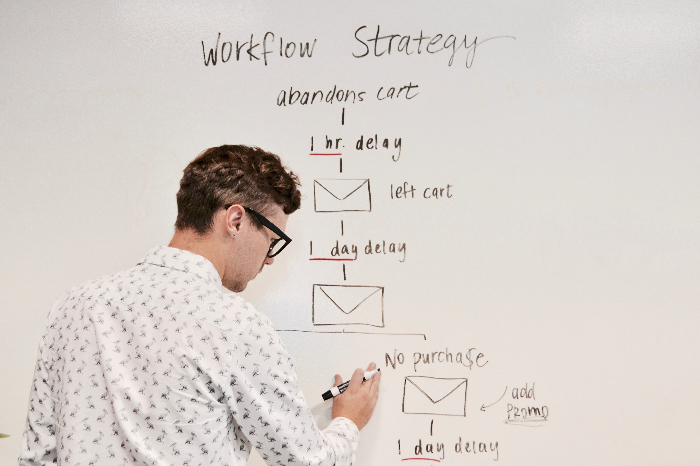Prioritization
Prioritization is a key element of time management, and it involves determining which tasks should be completed first based on their level of importance and urgency. Here are some tips and strategies for prioritizing tasks:

Task Management category interest
Identify the most important tasks: Start by making a list of all the tasks you need to complete, and then determine which tasks are most important. These tasks should be related to your goals and objectives, and they should have a significant impact on your work or personal life.
Determine urgency: After identifying the most important tasks, determine which tasks are the most urgent. Urgent tasks are those that require immediate attention and have a deadline. It's important to note that not all important tasks are urgent, and vice versa.
Use the Eisenhower matrix: The Eisenhower matrix is a tool that can help you prioritize tasks based on importance and urgency. The matrix consists of four quadrants: important and urgent, important but not urgent, urgent but not important, and not urgent and not important. By categorizing your tasks in this way, you can focus on the most important and urgent tasks first.
Use the ABC method: Another prioritization strategy is the ABC method, which involves labeling tasks as A, B, or C based on their level of importance. A tasks are the most important, B tasks are moderately important, and C tasks are less important. This method can help you prioritize your tasks and ensure that you are focusing on the most important ones first.
Consider deadlines: Deadlines can be a helpful factor in prioritizing tasks. If a task has a deadline, it should be given higher priority than a task that does not.
Review and adjust regularly: Priorities can change over time, so it's important to regularly review and adjust your priorities. Make sure that you are focusing on the most important and urgent tasks at all times.
In addition to these strategies, there are various tools that can help with prioritization, such as to-do lists, calendars, and project management software,MySuite365. These tools can help you stay organized and ensure that you are completing tasks in a timely and efficient manner. Ultimately, the key to effective prioritization is to be intentional and thoughtful about your tasks and to stay focused on your goals and objectives.






